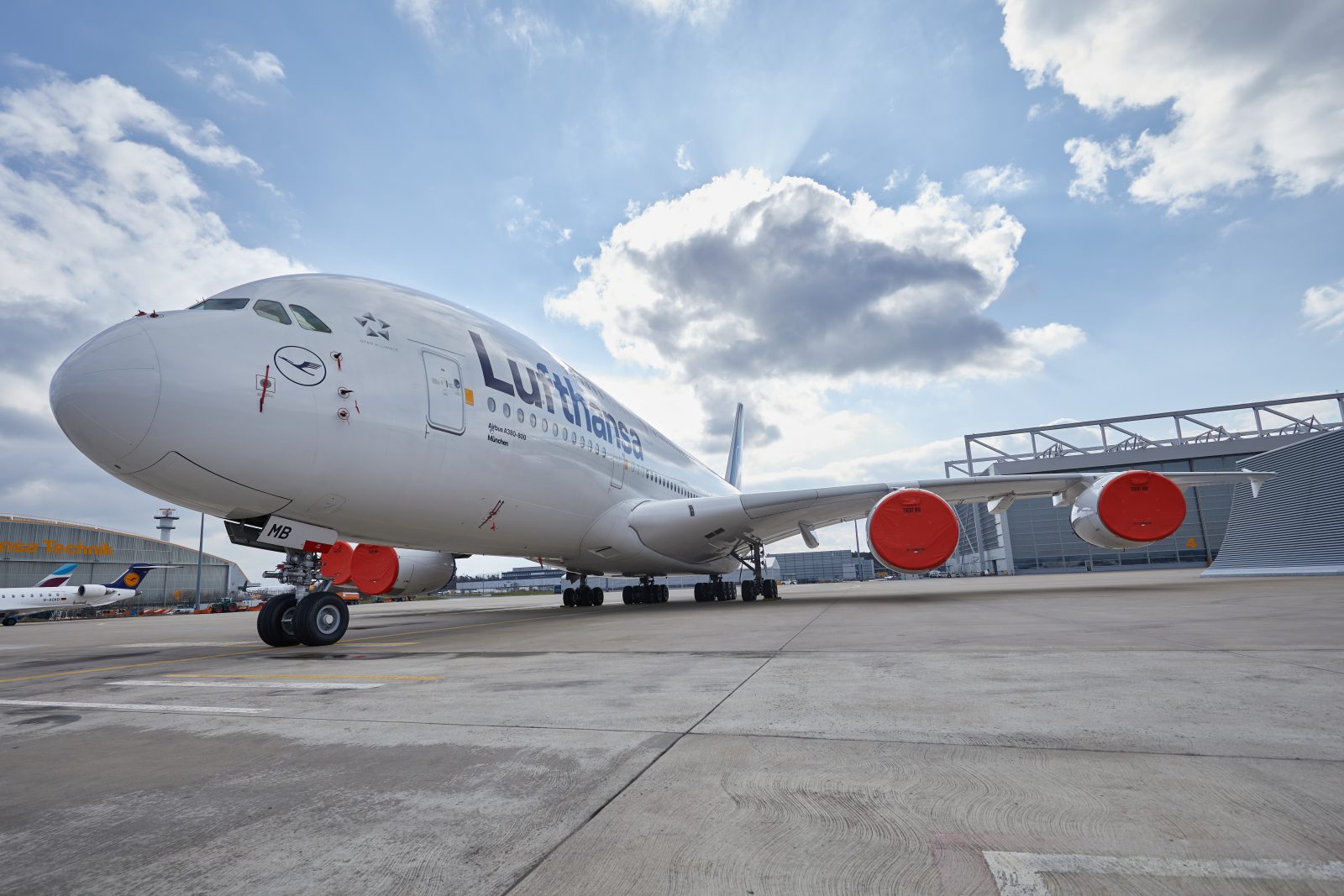
Talks between the European airline group Lufthansa and the German government over a €9 billion bailout package have finally concluded in an agreement between the two sides which was announced on Monday afternoon. Germany’s State-owned Economic Stabilization Fund (WSF) said it would take a 20 per cent stake in the airline in return for the multi-billion Euro loan and stabilization package. The WSF said it would consider upping its stake to 25 per cent in the future.
The two sides had refused to comment on negotiations over the last few days as crucial make or break details were hammered out. Analysts claim Lufthansa has conceded far more than what it wanted to in order to secure the bailout but unions say they are unhappy that the bailout did not come with conditions attached to save jobs as well as terms and conditions.
Observers had been nervously tracking the progress of talks after they looked set to fail last week when government negotiators allegedly demanded Lufthansa commit to completing the purchase of new Airbus planes that the airline has on order with the European aircraft manufacturer. The total order value is worth €5 billion at list value and comes at a time when, like many airlines, Lufthansa is looking to shrink its fleet.
In the end, it appears this demand was dropped but instead the WSF will acquire silent participations in the airline group and will take two seats on Lufthansa’s Supervisory Board. The German government won’t use its voting rights unless there is takeover bid for Lufthansa – at which point, they could reject any takeover bid.
Future shareholder dividend payments will also be waived for the foreseeable future and the salaries for senior executives will be capped. The package must still be cleared by Lufthansa’s Supervisory Board and it will also need approval from the European Commission’s competition regulators.
Carsten Spohr, Lufthansa’s chief executive, has been pushing for a taxpayer-backed bailout fearing the airline could otherwise go under because the damage being wrought on the aviation industry by the COVID-19 pandemic. Spohr told shareholders, however, that what Lufthansa needed was government support “not government management”.
Mateusz Maszczynski honed his skills as an international flight attendant at the most prominent airline in the Middle East and has been flying ever since... most recently for a well known European airline. Matt is passionate about the aviation industry and has become an expert in passenger experience and human-centric stories. Always keeping an ear close to the ground, Matt's industry insights, analysis and news coverage is frequently relied upon by some of the biggest names in journalism.







